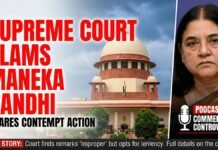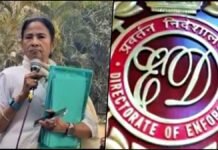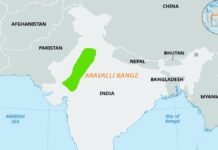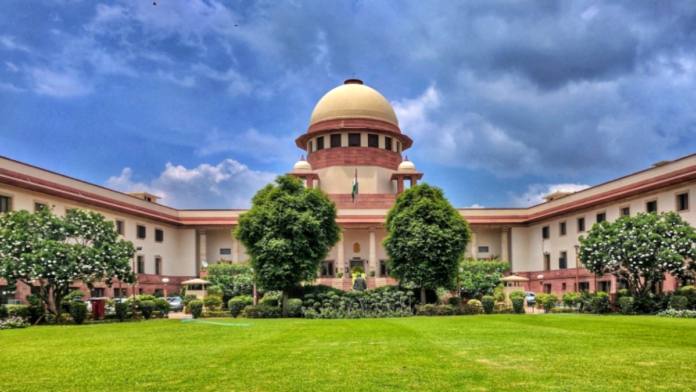
New Delhi: In a landmark ruling on Tuesday, the Supreme Court of India emphasized that public safety is of utmost importance, declaring that any religious structure encroaching upon roads, water bodies, or rail tracks must be removed. The court underscored India’s secular nature, stating that its directives for bulldozer action and anti-encroachment drives apply to all citizens, regardless of their religious affiliations.
Key Highlights:
- Public Safety First: The Supreme Court, led by Justices BR Gavai and KV Viswanathan, asserted that public safety cannot be compromised by any religious structure, whether it be a temple, dargah, or gurudwara. “Public safety is paramount,” the bench declared.
- Secular Principles: The court reiterated that India is a secular country, and its orders will be enforced uniformly across all communities. “Our directions will be for all, irrespective of religion or community,” the court stated.
- Encroachment Issues: The court clarified that any encroachment on public roads, footpaths, water bodies, or railway lines must be removed to ensure public safety. “If there is any religious structure in the middle of the road, it cannot obstruct public space,” the bench emphasized.
- Legal Proceedings: During the hearing, the court questioned Solicitor General Tushar Mehta about the legality of using bulldozer action against individuals accused of crimes. Mehta affirmed that being accused of a crime, even serious ones like rape or terrorism, does not justify immediate demolition without proper notice.
- Temporary Relief: Previously, on September 17, the Supreme Court had ordered a halt on the demolition of properties, including those of accused individuals, until October 1 without its explicit permission.
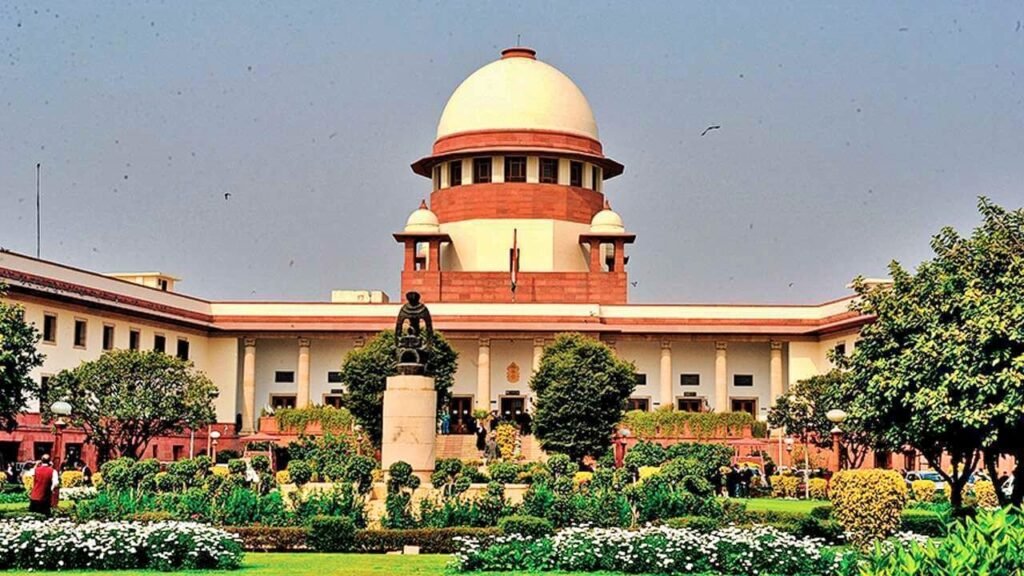
This ruling marks a significant step in ensuring that public safety and secular principles are upheld in India, with the Supreme Court making it clear that no religious structure can impede public spaces.
Advertisement



































